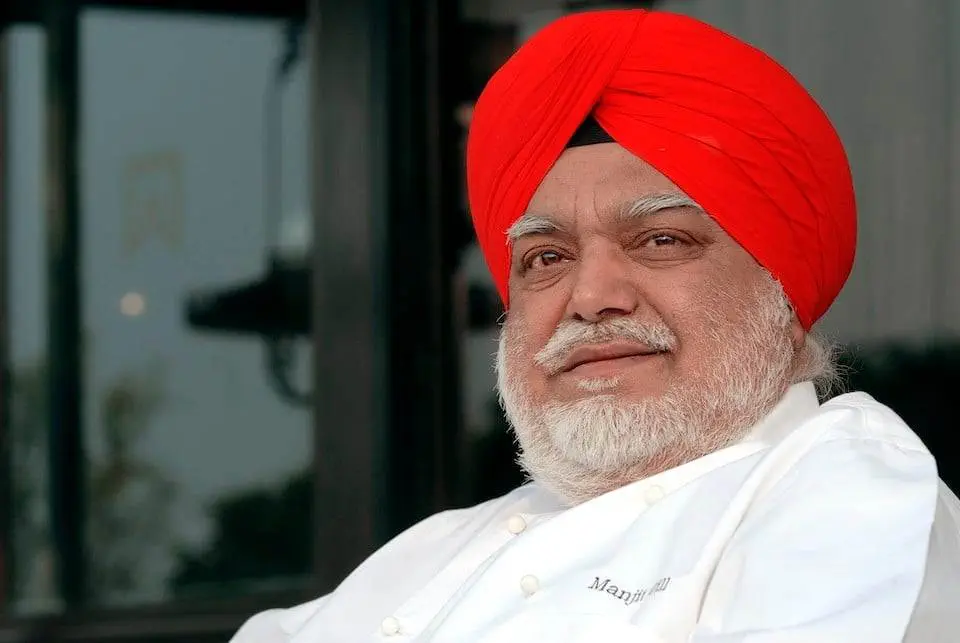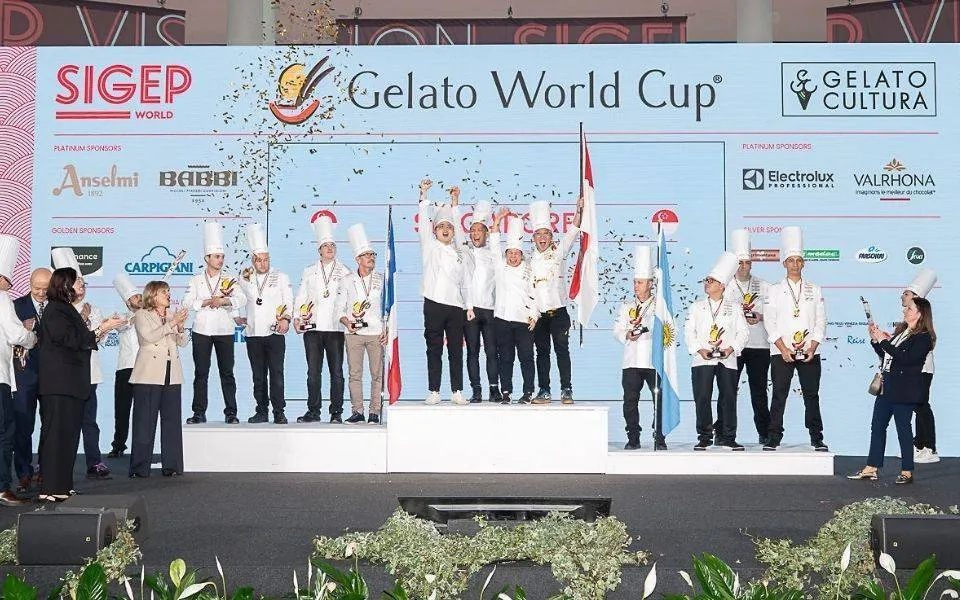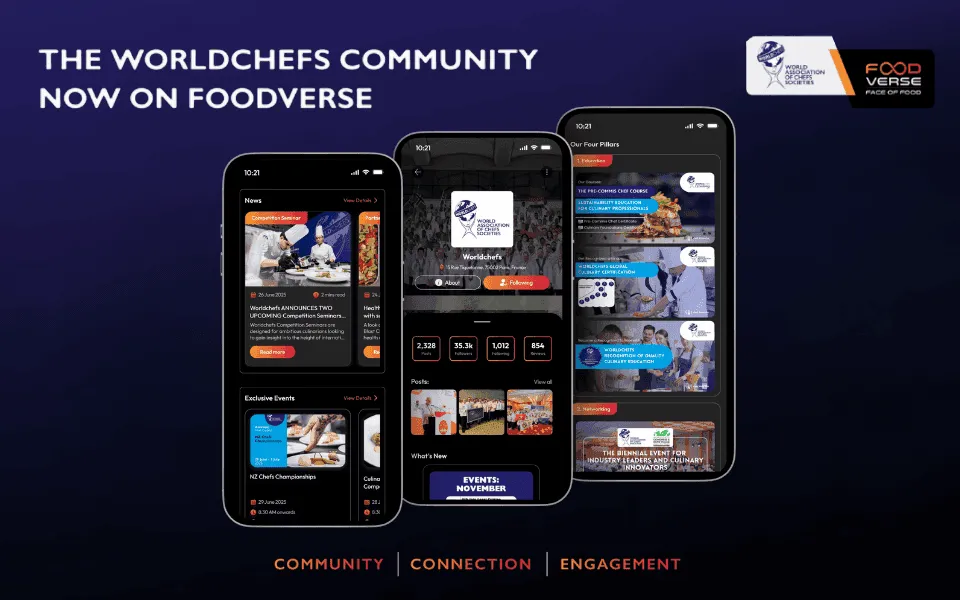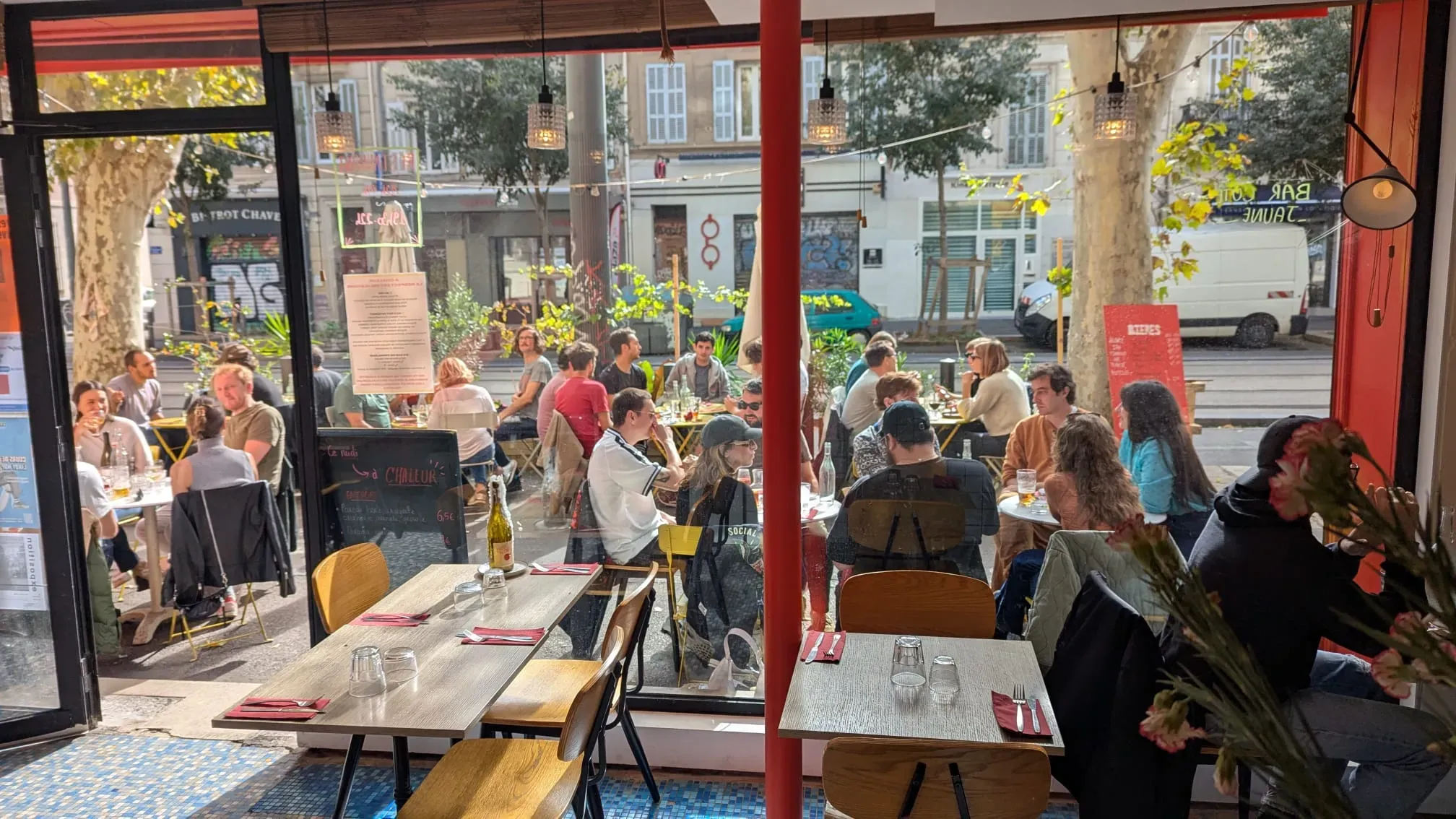In this episode, Ragnar talks with Manjit Gill, founder-president of the Indian Federation of Culinary Associations (IFCA) and Chairman of the World Cultural Culinary Heritage Committee.
An acclaimed chef, Manjit brought Indian cookery to TV in the 1980s. In his time as Corporate Chef for ITC Hotels, he ran the kitchens of India’s second-largest hotel chain: 109 restaurants across the expansive country with over 650 chefs on his team. He’s launched award-winning restaurants and icons such as Bukhara, Dumpukht, Kebab & Kurry, Dakshin, Royal Vega – Honestly vegetarian. Now he promotes sustainability in the professional kitchens through Cuisine Digest, a magazine for chefs.
With a personal mantra of “discovery & constant innovation,” Manjit’s nearly five decades of excellence in the culinary profession have marked the years, including the iconic Lifetime Achievement Award from India’s Ministry of Tourism in January 2006.
Born to a Sikh family from Delhi, Chef Gill journeyed from humble beginnings to the hospitality industry’s top gastronomic echelons. His father, a lawyer and former prisoner of war, raised his children completely vegetarian so that they could study in a school run by Jain missionaries. He was studying science when he deviated to pursue cookery, doing so at a time when there weren’t many role models for an aspiring chef in India.
Manjit’s culinary education was dominated by chefs from abroad. He was taught Western food ideals by chefs from France, Germany, and Austria. While training in the US, when asked about Indian food he didn’t know it, at least not as a trained chef. When he returned to India, he set out to change that.

“I must be the master of my own food.”
Chef Gill is the first to tell you about the wealth and vastness of India’s culinary culture. A true melting pot, slow-simmer 35 states and territories, more than 2,000 ethnic groups, a long history of vibrant trade interaction, the influence the world’s major religions and their respective dietary restrictions, garnish with colonialism, and you’ll just begin to develop the depth of flavor in your understanding of their food history.
Manjit has passionately researched and applied the learnings of ancient Indian cuisine to his work and is a great believer in the sustainable philosophy of Indian Vedic knowledge and slow food.

“Anything you make into food, you have to see whether it is harming the natural environment or not, or it is in harmony with nature. Nature is also kept along with that and this how the Ayurveda of food, the philosophy down the line, has started”
Manjit puts it plainly: “If your environment is bad, your body is also bad.” It’s all interconnected. Care for the natural world is care for us, a lesson Indigenous innovation has always known.
As a President of Indian Federation of Culinary Associations and Chairman of Worldchefs’ World Cultural Culinary Heritage Committee, he wants to help make heritage cuisine a part of every chef’s foundation. “Every cuisine is differently designed, so the goodness is also there,” says Manjit. “Every food cannot be presented like any other modern food. For Indian food, I think we should make people familiar with the original food and the original way, and when people understand that then we should become creative.”
We can look to the past for progress. “When we talk about heritage food, we are not saying to take you back to the past. No! We are still learning of the heritage food of that time, and when in today we have to go into the future with that food with modern technology, moderns techniques,” says Manjit. Heritage cuisine holds so many solutions for the future. Not just as it was, but as it will be.
Tune in to hear more and be sure to create your free Worldchefs online account at www.worldchefs.org/login for news, jobs, industry advice, and more!
Resources
Share a recipe from your country and help us build a catalog of heritage cuisine favorites from Worldchefs’ nearly 110 member countries around the globe! Click here to get in touch!
To see the latest from Cuisine Digest magazine, visit their Facebook page.
For more from Chef Manjit, check out his books:
- Eating Wisely & Well
- Fire / Water / Earth / Air / Ether
- Secrets of Indian Gastronomy
- Indian Spa Cuisine
You can become a part of the Indian Federation of Culinary Association community on Worldchefs’ online network. Visit their page here.
Our Food Heroes program is all about food that’s good for both people and the planet. Help educate the next generation about sustainable eating! Download the toolkit now at www.howtofeedtheplanet.com/foodheroeschallenge.
Acknowledgements
Special thanks to Manjit Gill for joining as as a guest.
World on a Plate is supported by Nestlé Professional and our podcast sponsors.








